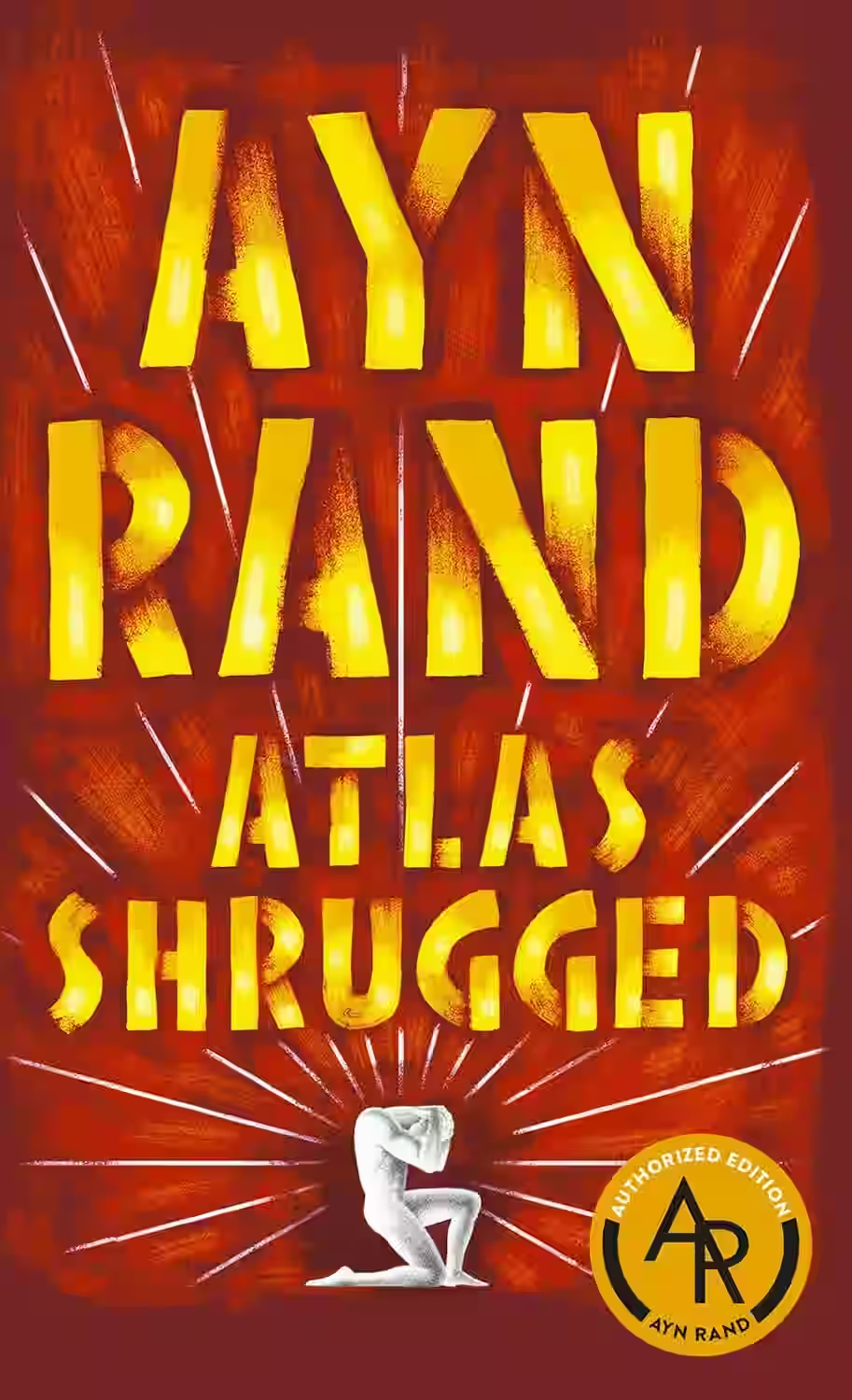
Ayn Rand’s sprawling philosophical novel envisions a dystopian America where the innovators and thinkers go on strike, withdrawing their talents from a society that exploits them. Through the story of Dagny Taggart and John Galt, Rand dramatizes her philosophy of Objectivism—championing reason, individualism, and capitalism. The book critiques collectivism and portrays the struggle of creative minds against government control and mediocrity. Both celebrated and controversial, Atlas Shrugged has been influential in political and economic thought, especially among libertarians. It challenges readers to consider the moral role of self-interest and the consequences of stifling human excellence.
About Ayn Rand
Ayn Rand was a Russian-American novelist, philosopher, and founder of the Objectivist movement. She is best known for her novels The Fountainhead and Atlas Shrugged, which promote her philosophy of rational self-interest, individualism, and laissez-faire capitalism. Rand’s ideas have been influential in libertarian and conservative circles, sparking both admiration and criticism. Her fiction blends dramatic storytelling with philosophical discourse, advocating for the moral primacy of productive achievement. Through her essays and the Ayn Rand Institute, her teachings continue to shape debates around ethics, politics, and economics. Rand remains a polarizing but enduring intellectual force.
Other Books by Ayn Rand
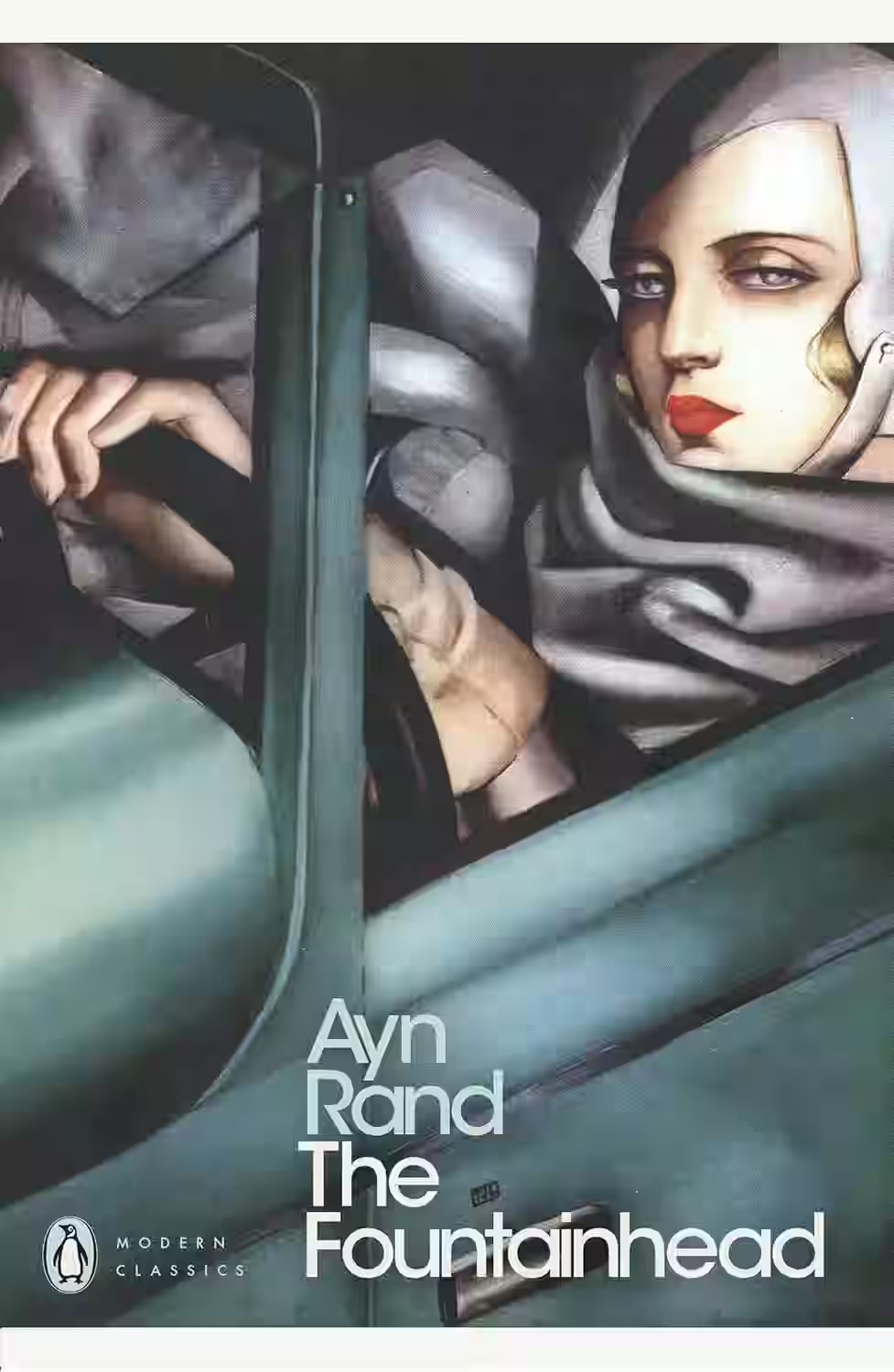
The Fountainhead
by Ayn Rand
Ayn Rand's 'The Fountainhead' is a gripping exploration of individualism, integrity, and the conflict between societal norms and personal identity. The story follows Howard Roark, an innovative architect who refuses to compromise his ideals for traditional expectations, facing immense opposition as he challenges conventional views of success and conformity. Through Roark's unwavering determination and philosophical integrity, Rand delves into themes of independence, creativity, and the struggle for authenticity in a conformist society. 'The Fountainhead' is a thought-provoking and controversial novel that continues to spark discussions on the value of individualism and the pursuit of one's true calling.
Similar Books

Uglies
Series: Uglies (#1)
In Scott Westerfeld's dystopian novel 'Uglies', readers are transported to a future world where physical beauty is mandated by society. At the age of sixteen, citizens undergo compulsory cosmetic surgery to transform from 'Uglies' to 'Pretties'. The story follows Tally Youngblood, who is on the brink of her transformation, but her world is turned upside down when she meets a rebellious friend, Shay, who questions the societal norms. Themes of identity, conformity, and the nature of beauty are skillfully explored as Tally embarks on a journey that challenges her understanding of reality. Westerfeld's book offers sharp social commentary, action-packed sequences, and believable character development, making it an engaging read that probes thought-provoking issues pertinent to both adolescents and adults. 'Uglies' evokes reflection on the pressure for aesthetic perfection and the loss of individuality, resonating deeply with its readers and sparking conversations about modern beauty standards.
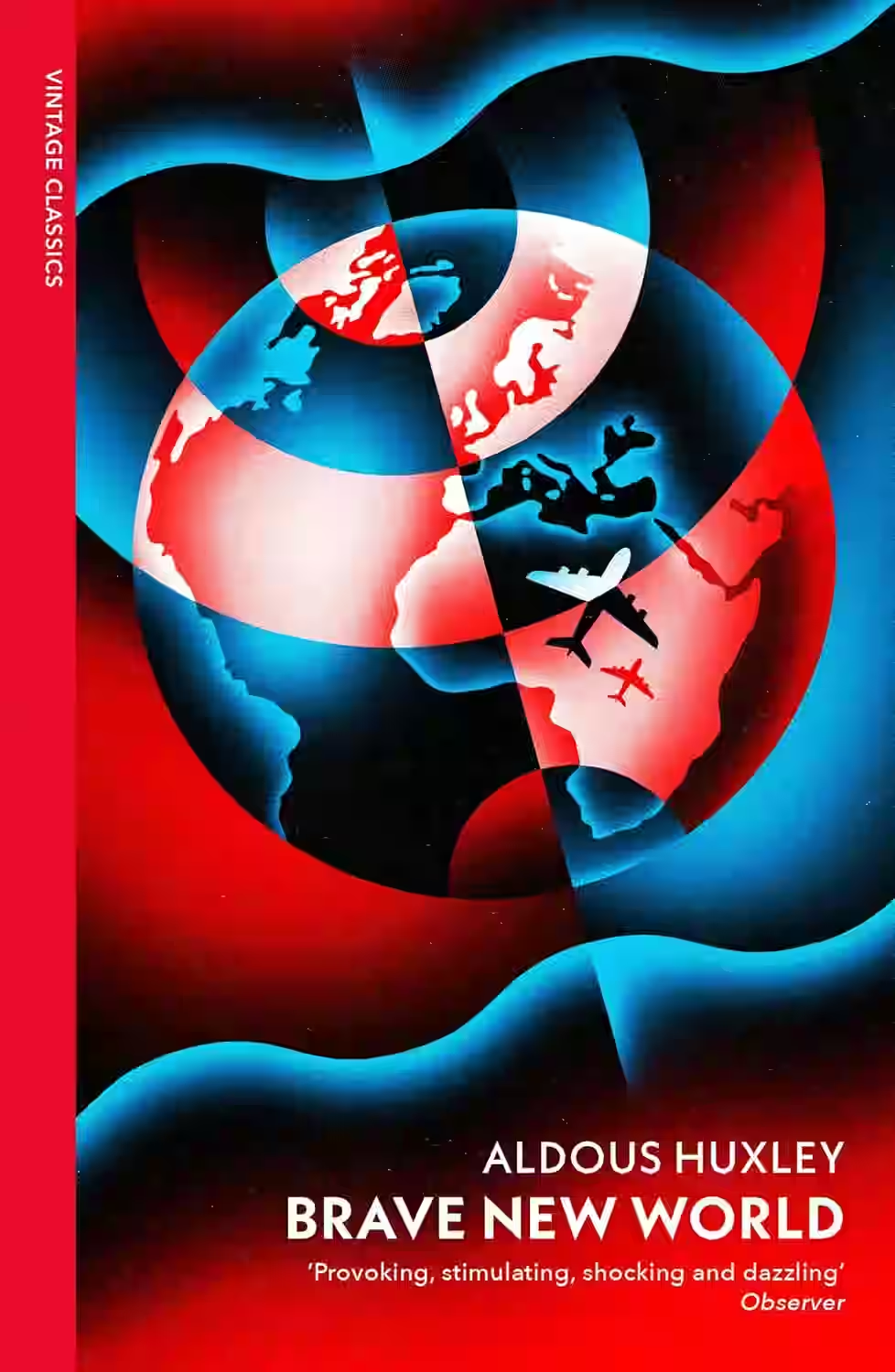
Brave New World
Aldous Huxley’s Brave New World is a landmark dystopian novel exploring a future where technological control, genetic engineering, and mass conformity replace individual freedom. Written in 1932 during the rise of fascism, it imagines a world where humans are bred for purpose, sedated by pleasure, and conditioned to obey. Huxley, a visionary thinker and spiritual seeker, critiques the loss of humanity in pursuit of stability and control. His chilling portrayal of a society numbed by entertainment, pharmaceuticals, and propaganda remains strikingly relevant today. Brave New World endures as both a powerful literary achievement and a timeless warning about unchecked technological progress.
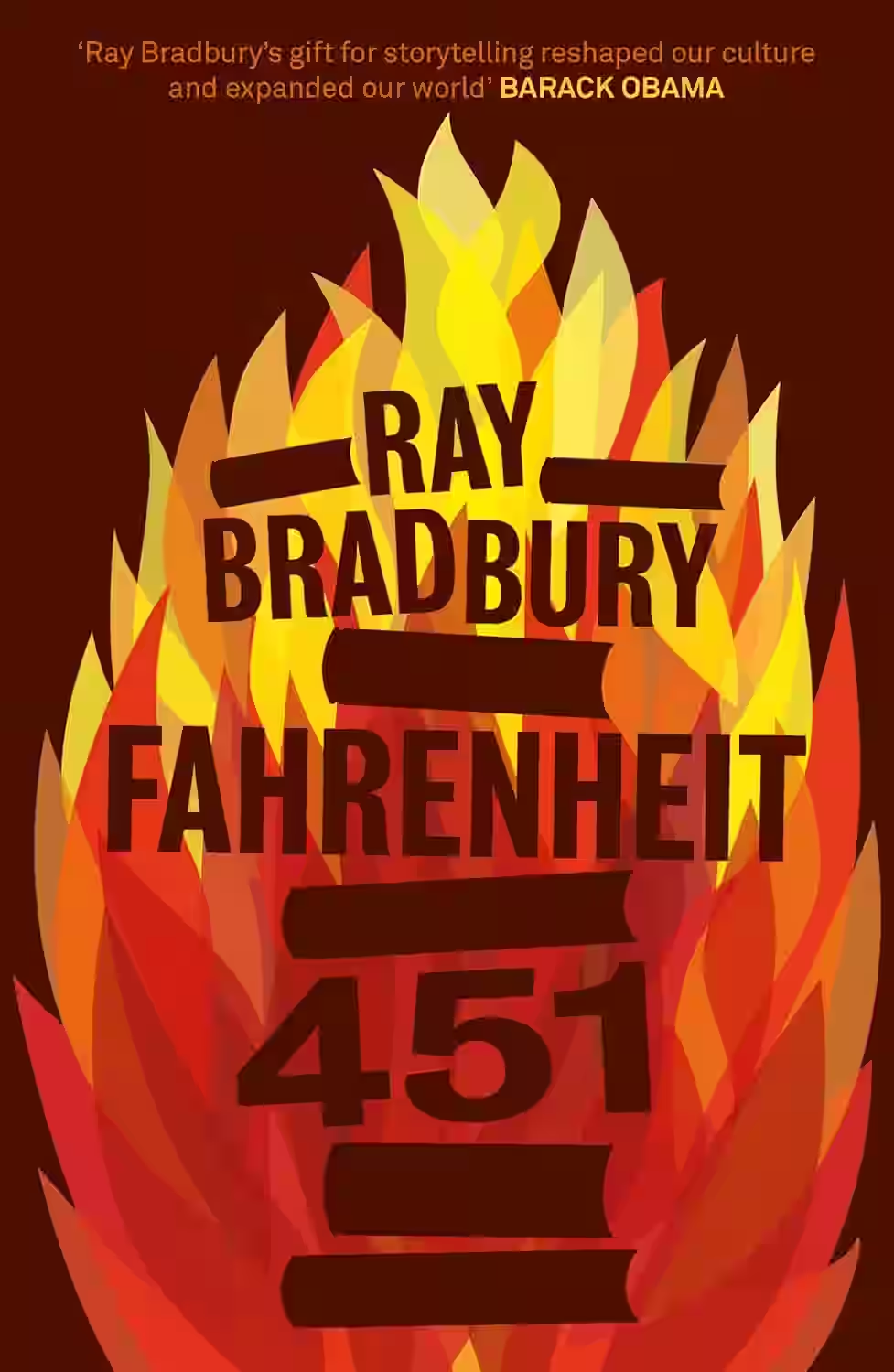
Fahrenheit 451
by Ray Bradbury
Ray Bradbury's "Fahrenheit 451" is a profound dystopian novel that delves into the consequences of a society bereft of critical thinking and free expression. Set in a future where books are banned and 'firemen' burn any that are found, the narrative follows Guy Montag, a fireman who begins to question his role in suppressing knowledge. The novel explores themes of censorship, the dehumanizing effects of technology, and the power of literature to inspire change. Bradbury's incisive commentary on conformity and intellectual repression remains remarkably pertinent, making it a timeless critique of society's foibles and the resilience of the human spirit in the pursuit of truth.
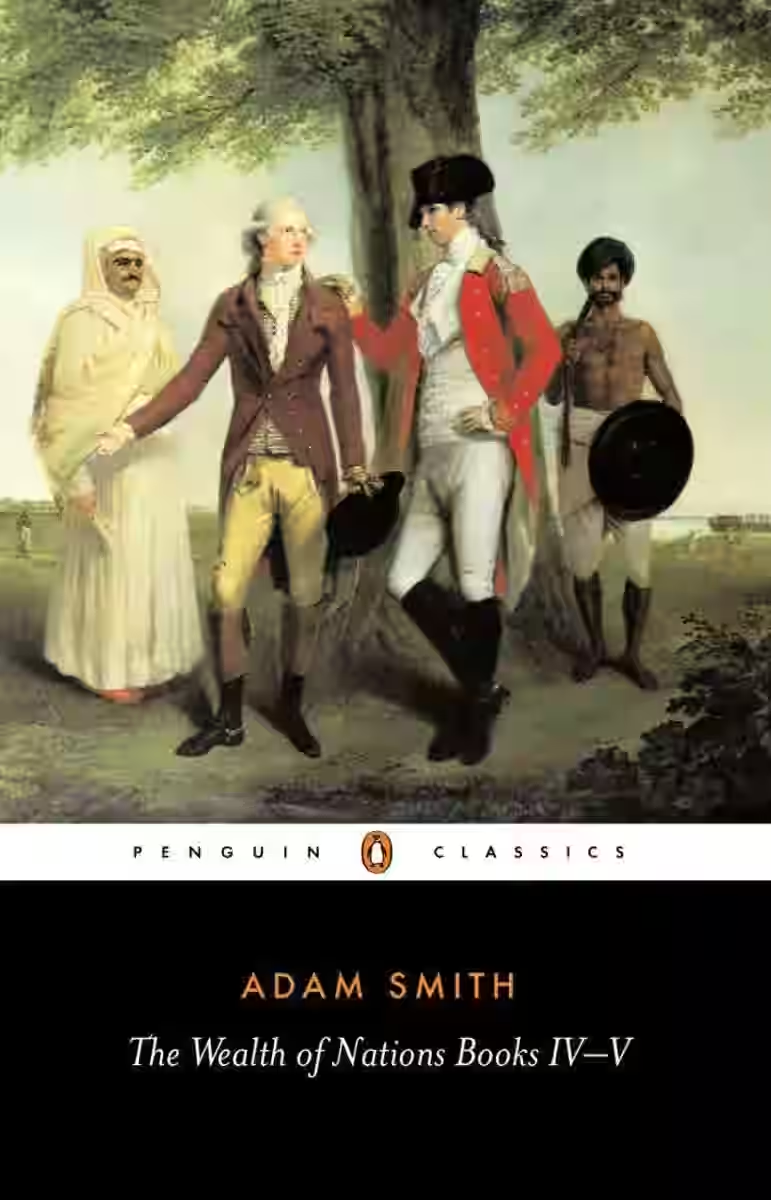
The Wealth of Nations: Books IV-V
by Adam Smith
Series: The Wealth of Nations (#2)
Books IV–V of The Wealth of Nations critique existing economic policies and propose a framework for limited but essential government intervention. In Book IV, Smith dissects the mercantile system, rejecting trade restrictions and monopolies while advocating for free trade. He critiques colonialism and tariffs, favoring open markets. Book V addresses the role of the state in education, justice, defense, and infrastructure—functions Smith sees as necessary for a stable, prosperous society. These volumes balance his case for laissez-faire economics with the need for public investment, rounding out his vision of a functional, ethical, and productive political economy.